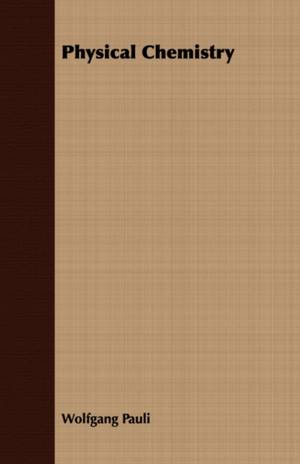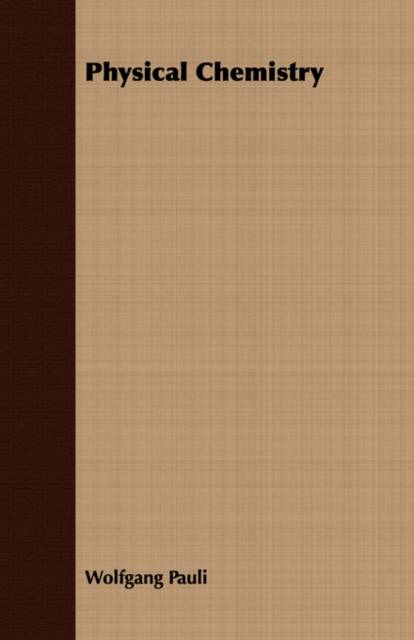
- Afhalen na 1 uur in een winkel met voorraad
- Gratis thuislevering in België vanaf € 30
- Ruim aanbod met 7 miljoen producten
- Afhalen na 1 uur in een winkel met voorraad
- Gratis thuislevering in België vanaf € 30
- Ruim aanbod met 7 miljoen producten
Zoeken
Omschrijving
Wolfgang Pauli was born on April 25th, 1900 in Vienna. He received his early education in Vienna before studying at the University of Munich under Arnold Sommerfeld. He obtained his doctor's degree in 1921 and spent a year at the University of Göttingen as assistant to Max Born and a further year with Niels Bohr at Copenhagen. In 1945, after being nominated by Albert Einstein, he received the Nobel Prize in Physics for his "decisive contribution through his discovery of a new law of Nature, the exclusion principle or Pauli principle," involving spin theory, underpinning the structure of matter and the whole of chemistry. The collection of addresses' within this volume have been collected for the first time were delivered in the main as summaries of Pauli's own special investigations, concerning themselves with the application of physical chemistry to different fields in medicine as rendered possible more particularly through advances in the physics and chemistry of organic colloids.
Specificaties
Betrokkenen
- Auteur(s):
- Uitgeverij:
Inhoud
- Aantal bladzijden:
- 172
- Taal:
- Engels
Eigenschappen
- Productcode (EAN):
- 9781406744903
- Verschijningsdatum:
- 20/09/2007
- Uitvoering:
- Paperback
- Formaat:
- Trade paperback (VS)
- Afmetingen:
- 140 mm x 216 mm
- Gewicht:
- 226 g

Alleen bij Standaard Boekhandel
+ 78 punten op je klantenkaart van Standaard Boekhandel
Beoordelingen
We publiceren alleen reviews die voldoen aan de voorwaarden voor reviews. Bekijk onze voorwaarden voor reviews.











